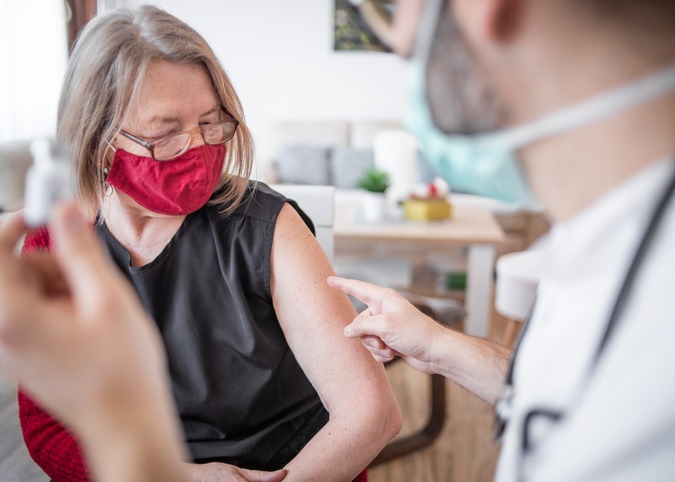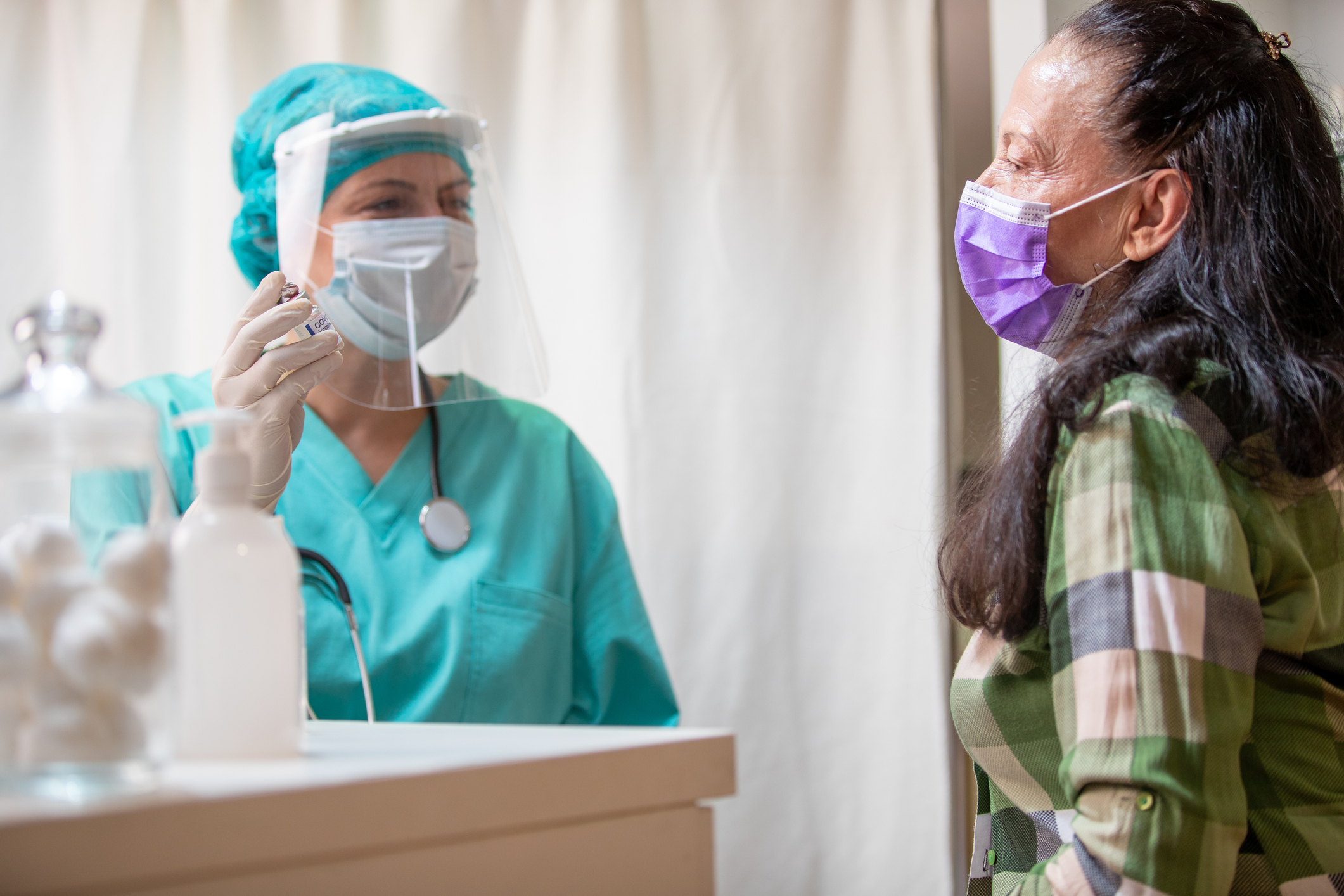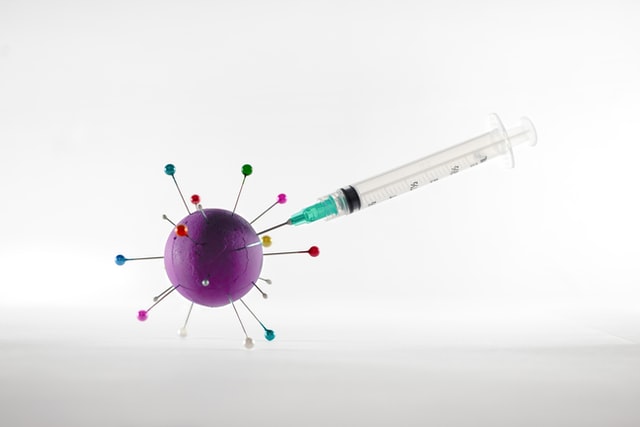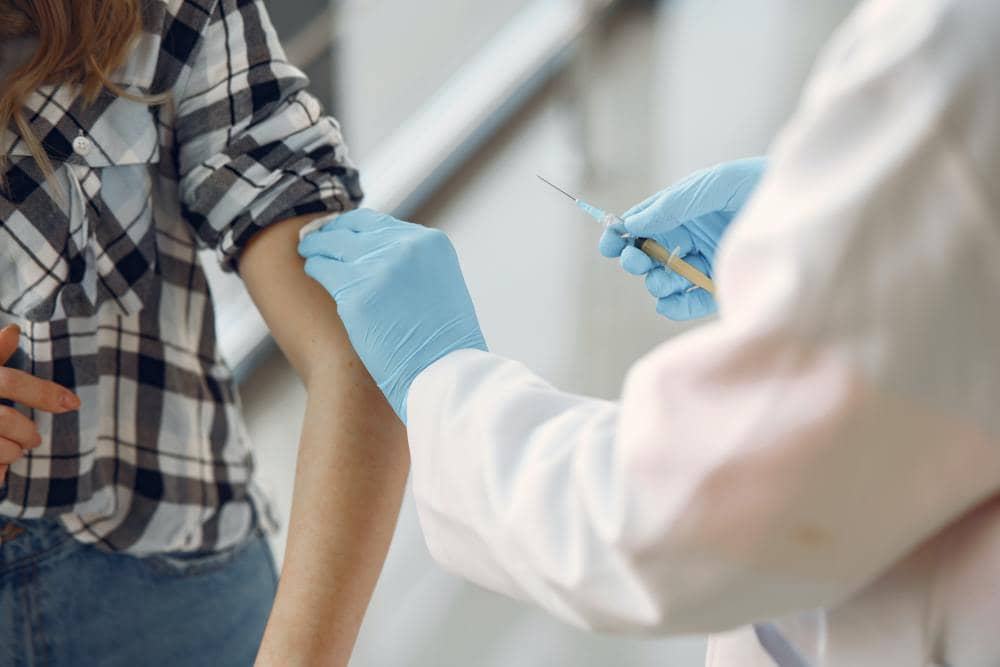Note: This story was first published on 25 January 2021 and last updated on 8 April 2021. Healthily will continue to update this story as new information becomes available.
People around the world are getting vaccinated against COVID-19, with the aim of bringing the pandemic to an end. But while it’s an encouraging development, you may have some questions.
Read on to learn about the safety of the COVID-19 vaccines that are currently available, whether they’re suitable for certain groups of people, and if you should speak to your doctor before getting vaccinated.
Is the COVID-19 vaccine safe?
Different countries have approved different vaccines, according to their guidelines and regulations.
In the UK, there are 3 approved COVID-19 vaccines: the Pfizer/BioNTech vaccine, the Oxford/AstraZeneca vaccine and the Moderna vaccine.
These vaccines have met strict safety, quality and effectiveness standards set by the independent Medicines and Healthcare products Regulatory Agency (MHRA). They have had the same clinical trials and safety checks that all medicines have to go through.
In the US, meanwhile, the Food and Drug Administration (FDA) has granted Emergency Use Authorization (EUA) for the Pfizer/BioNTech vaccine, the Moderna vaccine and the Johnson & Johnson (Janssen) vaccine, after finding the evidence from trials and the manufacturers showed them to be safe and effective.
In India, the Oxford/AstraZeneca vaccine (known locally as Covishield) and a locally made vaccine, Covaxin, have been approved for emergency use.
Millions of people have now received one of the approved COVID-19 vaccines, and serious side effects (such as allergic reactions) have been very rare.
Is the COVID-19 vaccine unsuitable for some groups of people?
While the approved COVID-19 vaccines have been shown to be safe for most people, there are certain groups whom they may not always be suitable for.
The Oxford/AstraZeneca vaccine
People who had blood clots after their first dose of the Oxford/AstraZeneca vaccine shouldn’t get their second dose of this vaccine.
Other groups of people should only get the Oxford/AstraZeneca vaccine if their doctor advises them that the benefits outweigh the risks. These groups include
- people at higher risk of blood clots because of a medical condition
- pregnant women
Some countries are not giving the vaccine to people in certain age groups. For example, some European countries and Canada are not giving it to people under 55. And in the UK, people under 30 will be offered an alternative vaccine.
People with allergies
A very small number of people have reported a serious allergic reaction – known as anaphylaxis – after having a COVID-19 vaccine. There have also been reports of people having less severe reactions (such as hives, swelling or wheezing) a short time after being vaccinated.
Because of this, you should tell healthcare staff if you’ve had a serious allergic reaction (anaphylaxis) in the past.
In the UK, it’s recommended you don’t have a COVID-19 vaccine if you've ever had a severe allergic reaction to:
- a previous dose of the same vaccine
- any of the ingredients in the vaccine
In the US, the Centers for Disease Control and Prevention (CDC) says you should not get the Pfizer/BioNTech vaccine or Moderna vaccine if you have had a severe allergic reaction or an immediate allergic reaction – even if it was not severe – to any ingredient in an mRNA vaccine. You should not get the Johnson & Johnson vaccine if you have had a severe allergic reaction or an immediate allergic reaction to any ingredient in the vaccine.
If you have a history of severe allergic reactions not related to vaccines – such as allergies to food, animals or environmental factors like pollen – the CDC says you can still get vaccinated. It also recommends that people with a history of allergies to oral medications, or a family history of allergies, can have a vaccine.
The CDC says, if you have an allergy to polyethylene glycol (PEG), you should not get the Pfizer/BioNTech or Moderna vaccine. You should ask your doctor if you can get the Johnson & Johnson vaccine, instead. If you have an allergy to polysorbate, you should not get the Johnson & Johnson vaccine. You should ask your doctor if you can get the Pfizer/BioNTech vaccine or Moderna vaccine, instead.
People who are pregnant, breastfeeding or trying to conceive
While there’s no evidence that a COVID-19 vaccine is unsafe if you’re pregnant, the vaccines haven’t been tested in pregnancy. This means you may not be routinely offered a vaccine if you’re pregnant.
In the UK, the Joint Committee on Vaccination and Immunisation (JCVI) says you may be able to have a COVID-19 vaccine if you’re pregnant and:
- at high risk of getting COVID-19 because of your job
- have a health condition that means you're at high risk of serious illness if you get COVID-19
In these cases, it’s recommended that you speak to your doctor to discuss the risks and benefits of getting the vaccine.
In the US, the CDC says that if you’re pregnant and in one of the recommended groups to get a COVID-19 vaccine (such as a healthcare worker), you can choose to have it. Again, it suggests discussing the risks and benefits with your doctor.
If you’re breastfeeding, the advice in both the UK and the US is that you can still have the vaccine.
And if you’re trying to get pregnant, there’s no need to avoid pregnancy when you’re getting a COVID-19 vaccine. The vaccine can’t give you or your baby COVID-19.
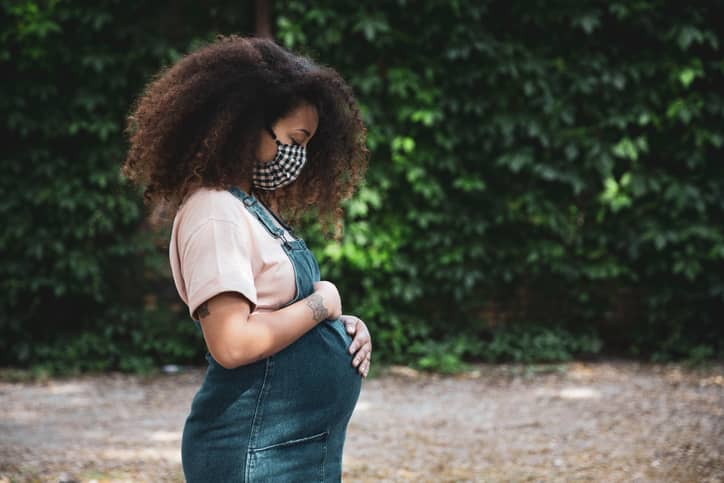
People with medical conditions
Some underlying medical conditions lead to an increased risk of getting very ill from COVID-19. But there’s no evidence to suggest it’s unsafe to have a COVID-19 vaccine if you have an underlying health condition.
Clinical trials included people with underlying health conditions, and the vaccines were found to be just as safe and effective.
This means that you can be vaccinated if you have an underlying medical condition, as long as you don’t have the allergy risks discussed above.
However, it’s not yet clear how effective the vaccine is for certain people with underlying health conditions. If you’re immunosuppressed, for example, it’s very important to keep taking measures to protect yourself from catching COVID-19, even if you’ve had a vaccine.
If you have an underlying medical condition and have any concerns about having the vaccine, speak to your doctor.
People who have had COVID-19 and recovered
If you’ve already had COVID-19 and have recovered, you still need to have a vaccine.
This is because nobody yet knows how long you’re protected from getting ill again after recovering from COVID-19. The level of immunity gained from having COVID-19 varies from person to person and it may not last very long – so re-infection is possible.
People who currently have COVID-19
If you have COVID-19 when you are due to have your vaccination, you should check the guidance in your country on how long to wait before having the vaccine.
Key points
- the approved COVID-19 vaccines are safe for most people
- some people with a history of severe allergic reactions shouldn’t have a vaccine
- at present, you may not be routinely offered a vaccine if you’re pregnant
- you can have a vaccine if you’re breastfeeding
- you can have a vaccine if you have an underlying health condition
- you still need to have a vaccine if you’ve had COVID-19 and recovered
- if you’re due to have a vaccine and then get COVID-19, you should follow local guidelines on how long to wait before having the vaccine


